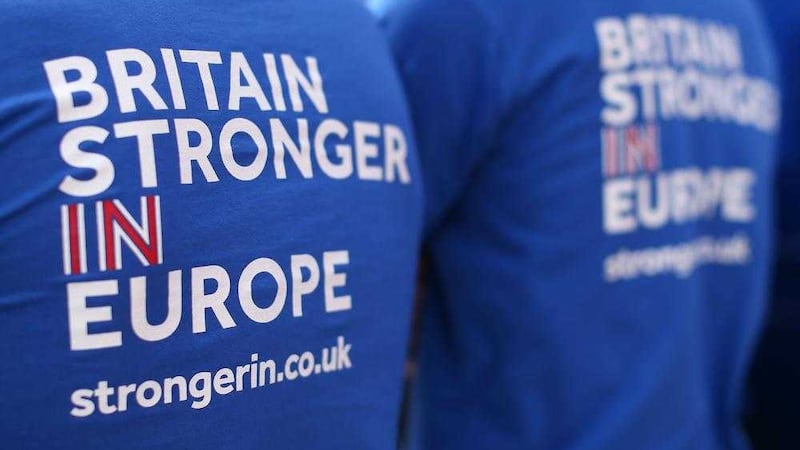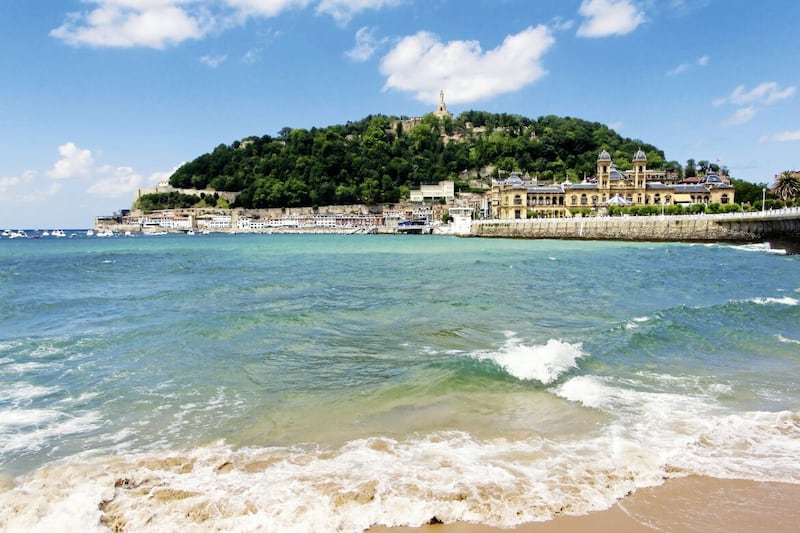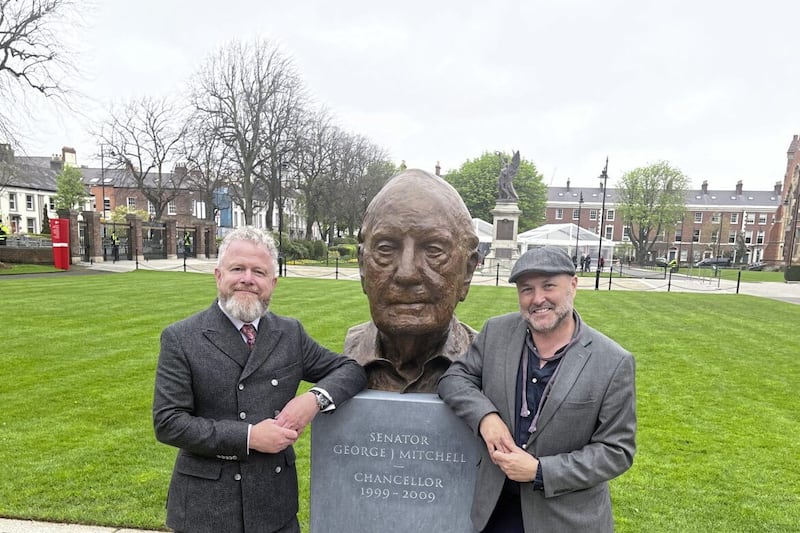You may not be madly enthusiastic about my subject matter this week, but we are two days away from a huge decision which has the potential to set our economy back for many years if it doesn’t go the right way.
One of the problems is (and this is going to sound arrogant) that we’ve put the decision in the hands of the wrong group - the people.
My favourite author Robert Harris quoted the great Irish parliamentarian, Edmund Burke, the other day on Twitter while making the point that the UK’s parliamentary democracy has been more badly damaged by this referendum than anything which ever happened in Brussels over the last 40 years.
The truth is, many of the arguments have been emotional and inaccurate and most people will vote based on extremely limited information and certainly from what I can see of the Leave campaign’s tactics, loaded with prejudice.
It’s no way to make a monumental decision and a shame that because of UKIP pressure, it was ever pushed to a referendum in the first place.
One of Harris’ other tweets was very effective also when he pictured a quote from Marina Hyde in The Guardian where she says that while she respects and likes friends of hers who are intending to vote leave, she says they must “stomach the reality that a vote for leave will be taken by Farage and countless others as a vote for him, a vote for his posters, a vote for his ideas, a vote for his quiet malice, a vote for his smallness in the face of vast horrors. Is it worth it?”
I say certainly not and I continue to be amazed and disappointed that prominent people here would align themselves so readily with UKIP and Farage.
However, given this is a business column and my fellow Irish News columnist Tom Kelly has taken such a rational and positive approach to his leadership of the Stay campaign, I want to talk about this in economic and business terms and to provide a little bit of information which will help people make their decision based on properly researched and verified materials.
The big report for me on that front came out last Thursday from the International Monetary Fund (IMF). Its view of Brexit stated in crystal clear terms what leaving the EU could mean for the UK economy. It said that there will be a “negative and substantial” hit to the economy with “permanently lower incomes”.
Even in the IMF’s most favourable scenario, in which the UK retains access to the single market and both business and household uncertainty dissipates quickly, gross domestic product (GDP) will be 1.4 per cent lower by 2021.
In the most adverse scenario also modelled by the IMF in which negotiations with the EU do not proceed smoothly (very realistic in my view) and the UK has to fall back on World Trade Organisation rules, UK GDP falls by 4.5 per cent. That’s a disaster, and there’s no other way of putting it; a generational challenge for young people at school now coming into a massively contracted economy.
The IMF report also directly answers the Leave campaign’s assertions around savings made from regulation. It states that any saving would be “outweighed” if the losses in trade and related income arising from reduced access to the single market were larger than 0.5 per cent of GDP.
It also stated that Ireland would be among the worst hit eurozone members if the UK was to leave. Any reading of this week’s Dublin Sunday papers and Irish government efforts to assist with the Stay campaign show that threat is already being felt south of the border.
There has been much written elsewhere about the impact here, the only region in the UK with a land border to the EU. The truth is, if we exit, the UK will have to negotiate a new trade agreement with Ireland. Nobody can say for sure we won’t need to have border controls and nobody is doubting the fact that if we leave the EU, the UK’s public finances won’t be worse off.
As Angela McGowan, chief economist for Danske Bank here and another Irish News columnist, asks in that scenario “what are the chances of HM Treasury choosing to maintain higher per capita public spending levels for Northern Ireland.” She answers that with: “in my opinion, it’s highly unlikely”.
There is plenty of other material setting out a strong economic case to stay, but my final plea is for everybody to get out and vote. Leaving your polling card at home and not bothering on Thursday is an abdication of responsibility. If you haven’t already, plan it now, slot it into day and make sure you make the time.
With well over half a million votes available here, a real difference to the outcome can be made, so please get out and make your mark – and vote Remain.
:: Paul McErlean (Paul@mcepublicrelations.com) is managing director of MCE Public Relations (www.mcepublicrelations.com).
:: Next week: Claire Aiken







